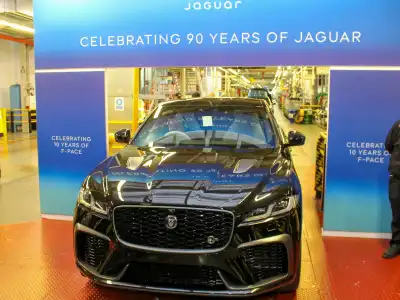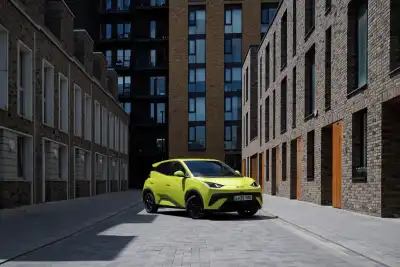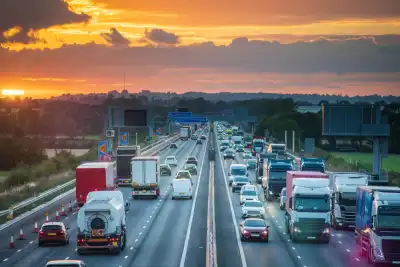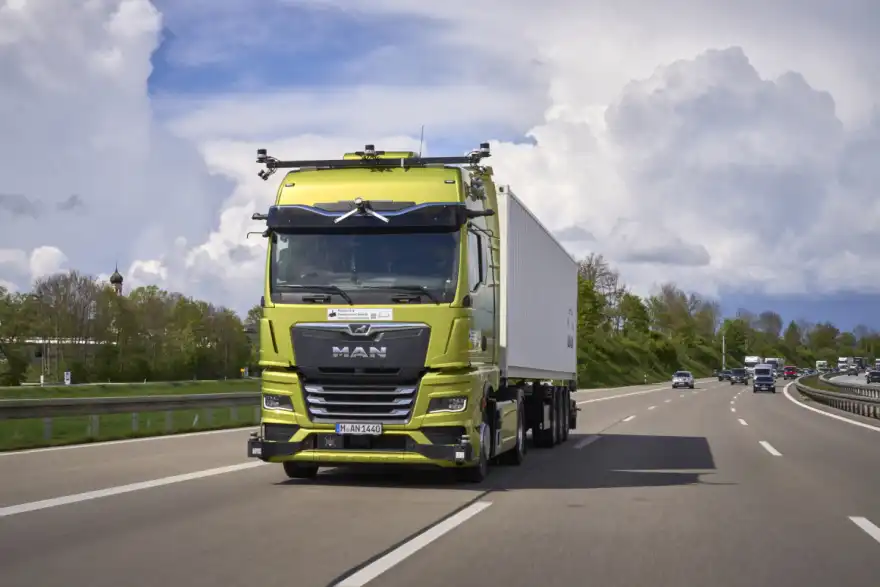
MAN has just made history by sending out a level 4 autonomous truck onto a German motorway.
This cutting-edge test took place on the A9 between the Allershausen and Furholzen junctions, covering about 10 kilometres.
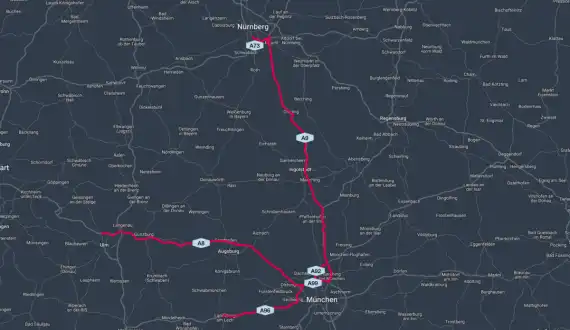
It's part of MAN's ongoing efforts to get autonomous trucks ready for production by the end of the decade.
Alexander Vlaskamp, chairman of the executive board of MAN Truck & Bus, said:
“We are taking another big step towards autonomous commercial vehicles, the second major future field alongside the switch to CO2 drivers.
“Further hub-to-hub projects will follow from 2025, but then in typical customer applications.
“We are thus taking the next development step towards series production of autonomous trucks towards the end of the decade.”
As for the regulatory side of things, Autobahn GMbH will be in charge of approving motorway sections for autonomous vehicle use. They'll make sure everything's safe and sound before giving the green light.
Dr. Volker Wissing, the federal minister for digital affairs and transport, said:
“The ever-increasing volume of transport, coupled with the worsening shortage of drivers, is a challenge for society as a whole.
“Autonomous trucks can help to alleviate the situation. In addition, the intelligent networking of freight transport offers the opportunity to make transhipment from road to rail more efficient and thus strengthen climate-friendly combined transport.”
MAN has been pushing the envelope on autonomous driving for a while now. They've been involved in research projects like ANITA, which focuses on integrating autonomous trucks into the logistics chain, specifically for container handling from road to rail.
This project aligns with Germany's laws on autonomous driving, which allow for driverless trips on predefined routes with technical oversight. MAN's been serious about this, filing over a hundred patents related to autonomous driving.
Meanwhile, over here, the UK is gearing up for its own self-driving revolution. The government is pushing through legislation to enable safe deployment of autonomous vehicles, hoping to unlock a massive economic boost and create thousands of new jobs by 2035.

